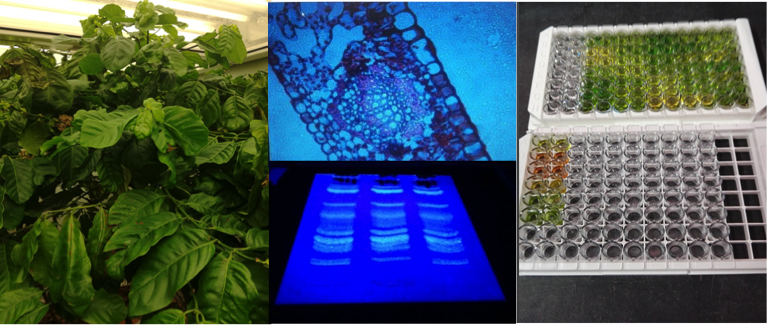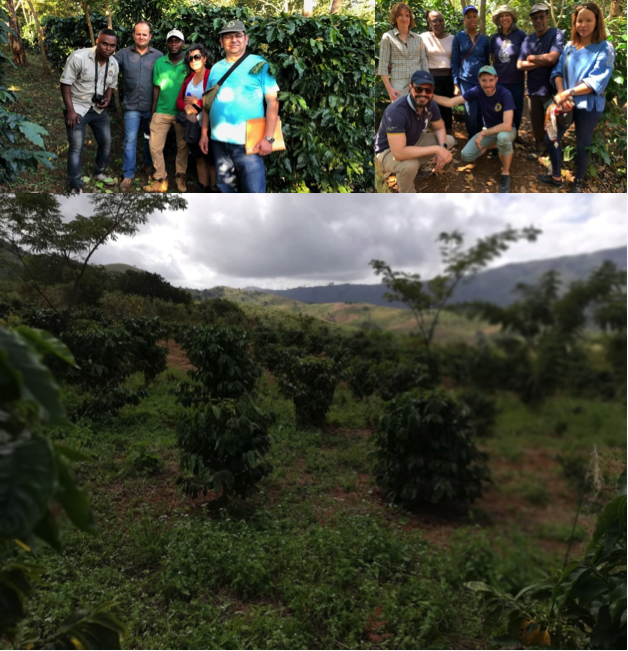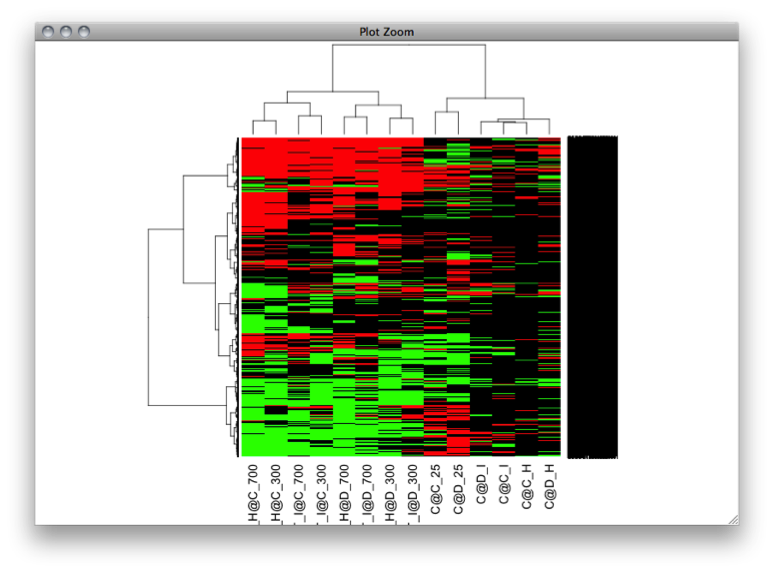José Cochicho Ramalho (Projects)
|
BreedCAFS - BREEDing Coffee for AgroForestry Systems (BreedCAFS). H2020-SFS-2016-2. Objectivo: Many tropical tree crops are threatened by climate change (CC), including Arabica (Coffea arabica) coffee, which is highly sensitive to elevated temperatures, drought, pest, and disease. Unfortunately, the responses of most tree crops to CC are poorly known, having been subject to only a very limited number of studies. In such a context, the wider adoption and improvement of agricultural practices better adapted to CC, together with the creation of tailored coffee varieties, is important to prevent environmental, economic, and social problems that will arise with global warming. Therefore, BreedCAFS aims at creating CC resilience in the coffee sector through comprehensive research into new sustainable breeding strategies for coffee hybrids adapted to cultivation under shade trees, in collaboration with farmers and roasters, the BreedCAFS project contributes to the creation of CC resilience in the coffee sector. The project is of crucial importance to (1) understand the potential biological impacts under CC scenarios and (2) develop novel breeding strategies and implement agricultural practices, which will help mitigate the adverse effects of CC and support future economic sustainability of coffee production. Duração: 2017-2021 |
 |
|
GorongosaCoffee - Produção Sustentável de Café no Parque Nacional da Gorongosa em Sistema Agroflorestal Integrado no Contexto da Desflorestação, Alterações Climátivas e Segurança Alimentar” / Sustainable Coffee production in the national Park of Gorongosa, under an Agro-Forestry System, in the context of deforestation, Climate Changes and Food Security. Cooperação Triangular Portugal-Brasil-Moçambique (Cooordenadores: Ana Isabel I. Ribeiro-Barros, José C. Ramalho). Objectivo: Gorongosa National Parks’ Coffee Agroforestry Project under Shade (CAPS) is a large scale agroforestry initiative with enduring socio-economic and environmental benefits. Created as a community engagement project, the CAPS’ development has been driven by the community including: (i) integrating local leaders in the planning process and day-to-day operations of the project; (ii) hiring key members of the community with an affinity for conservation and consensus building; and (iii) coordinating with community organizations in natural resources management, education and health. The project has proven resilient in the face of the ongoing difficult political and security conditions in the region. Duração: 2017-2021 |
 |
|
Uma estratégia integrada para o estudo do impacto das alterações climáticas em Coffea spp. / An Integrated Strategy to Study the Impact of Climate Changes in Coffea spp. (CoffeeOmic'sClimate) (PTDC/ASP-AGR/31257/2017. Coordenadores: Ana I. Ribeiro-Barros, José C. Ramalho). Objectivo: The first worldwide reports of the real coffee plant response to warming in interaction with [CO 2 ] were only recently presented by our team. It was clearly shown that coffee plants can cope with temperatures higher than usually assumed, and that high air [CO 2 ] (a major driver of warming) mitigate the negative heat impacts, and is a crucial factor to coffee warming acclimation at physiological/biochemical level, from photosynthesis to mineral balance. This highlighted that global warming impacts on coffee sustainability would be lower than previously assumed. Duração: 2018-2021 |
 |
|
IADALP - Investigação Agrária para o Desenvolvimento com a África de Língua Portuguesa: Reforçar capacidades locais de investigação, responder a desafios locais / Agricultural Research for Development in Portuguese-Speaking Africa:Enhancing Local Research Capacity, Contributing to Address Local Challenges. (C-2016-42loaISA0316/IRRI. Cooordenadora: Ana Isabel I. Ribeiro-Barros) Objectivo: Agricultural research for development is a major topic for African countries where the poor condition regarding food security and health could be dramatically improved by its achievements. Particularly in the Portuguese Speaking Countries Mozambique, Angola and Cape Verde food availability and its nutritive value are major issues that require intervention at three main different levels: productivity, capacity development and agribusiness. Based on the success of previous projects (“Developing Sustainable Rice Industry in Mozambique: Building Local Capacity and Private Sector Development” and “Domestication and exploitation of native tropical fruits and vegetables towards food and nutritional security”) with great impact to the local populations, institutions and human resources involved, it is now intended to reinforce previous interventions in Mozambique and extend those to Angola, Guinea-Bissau and Cabo Verde. |
